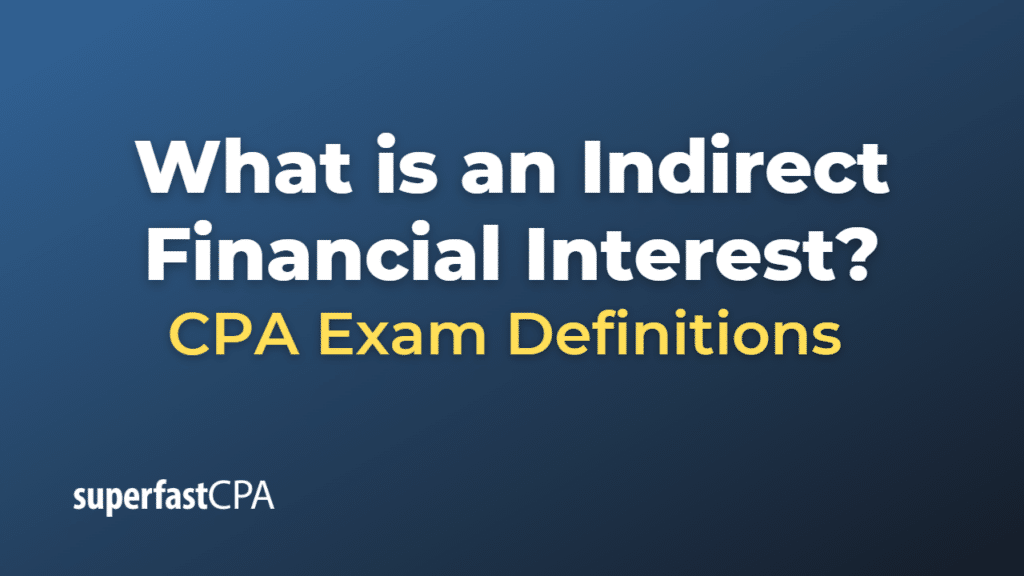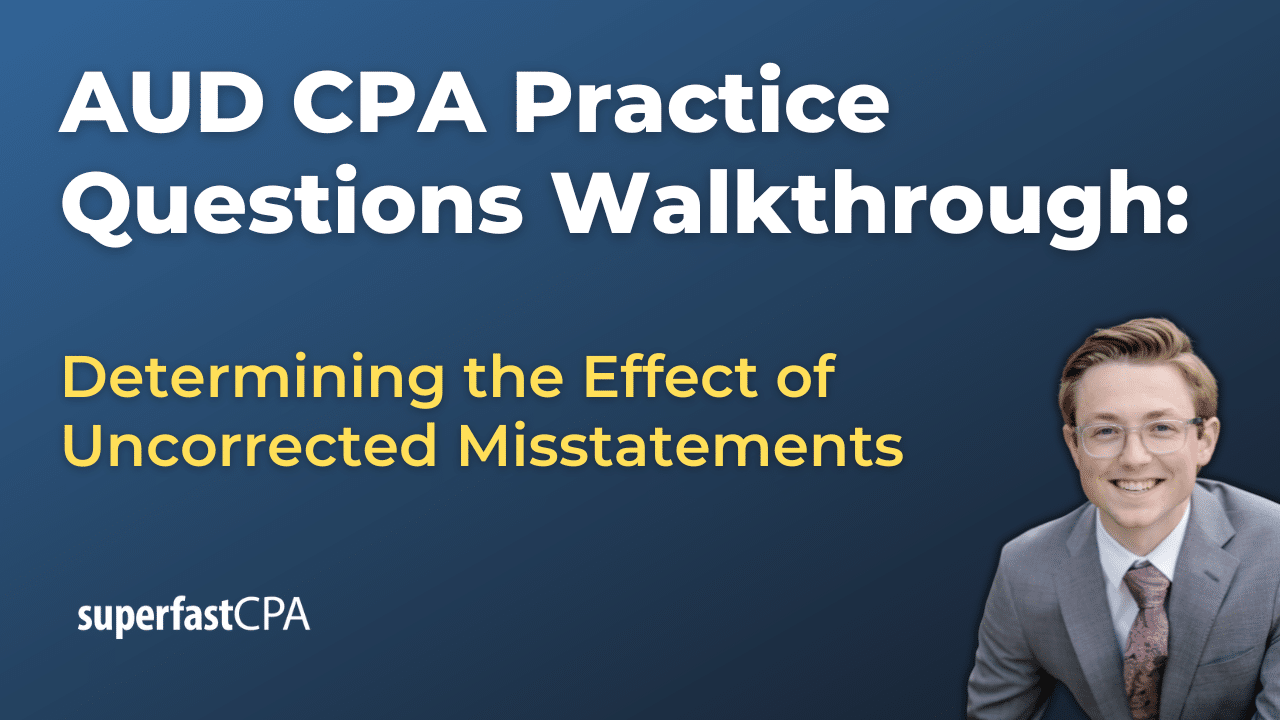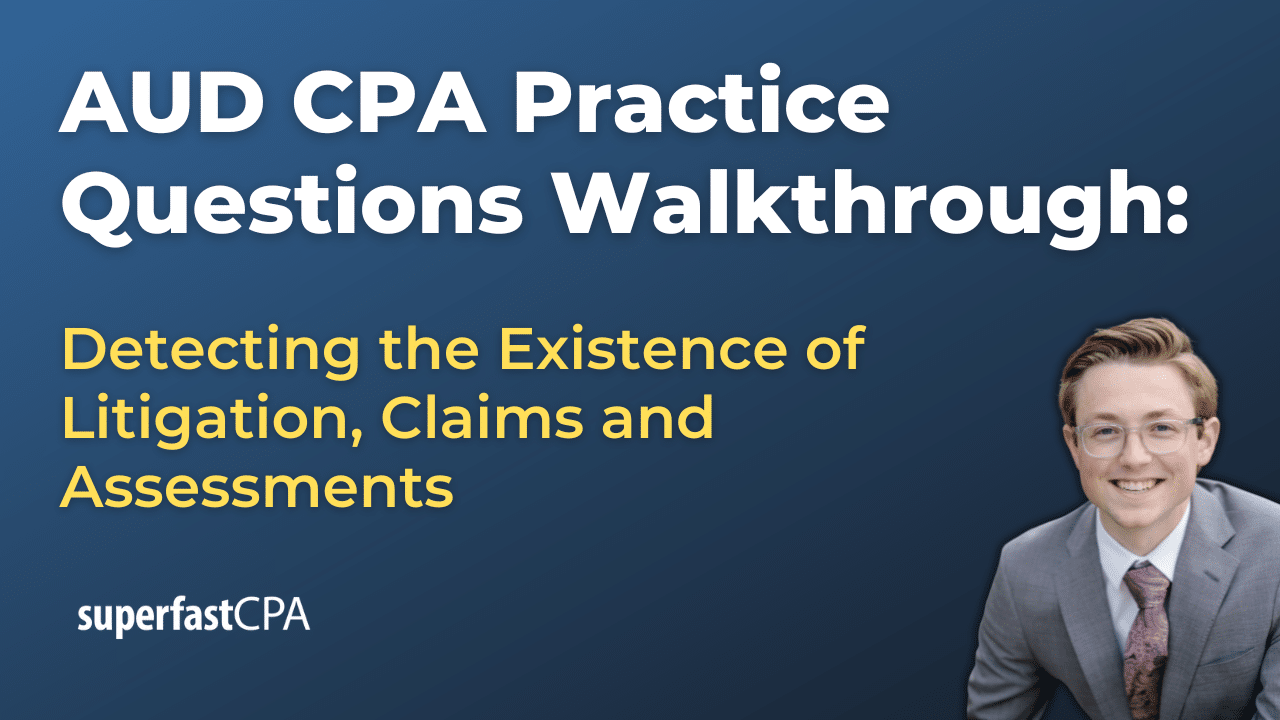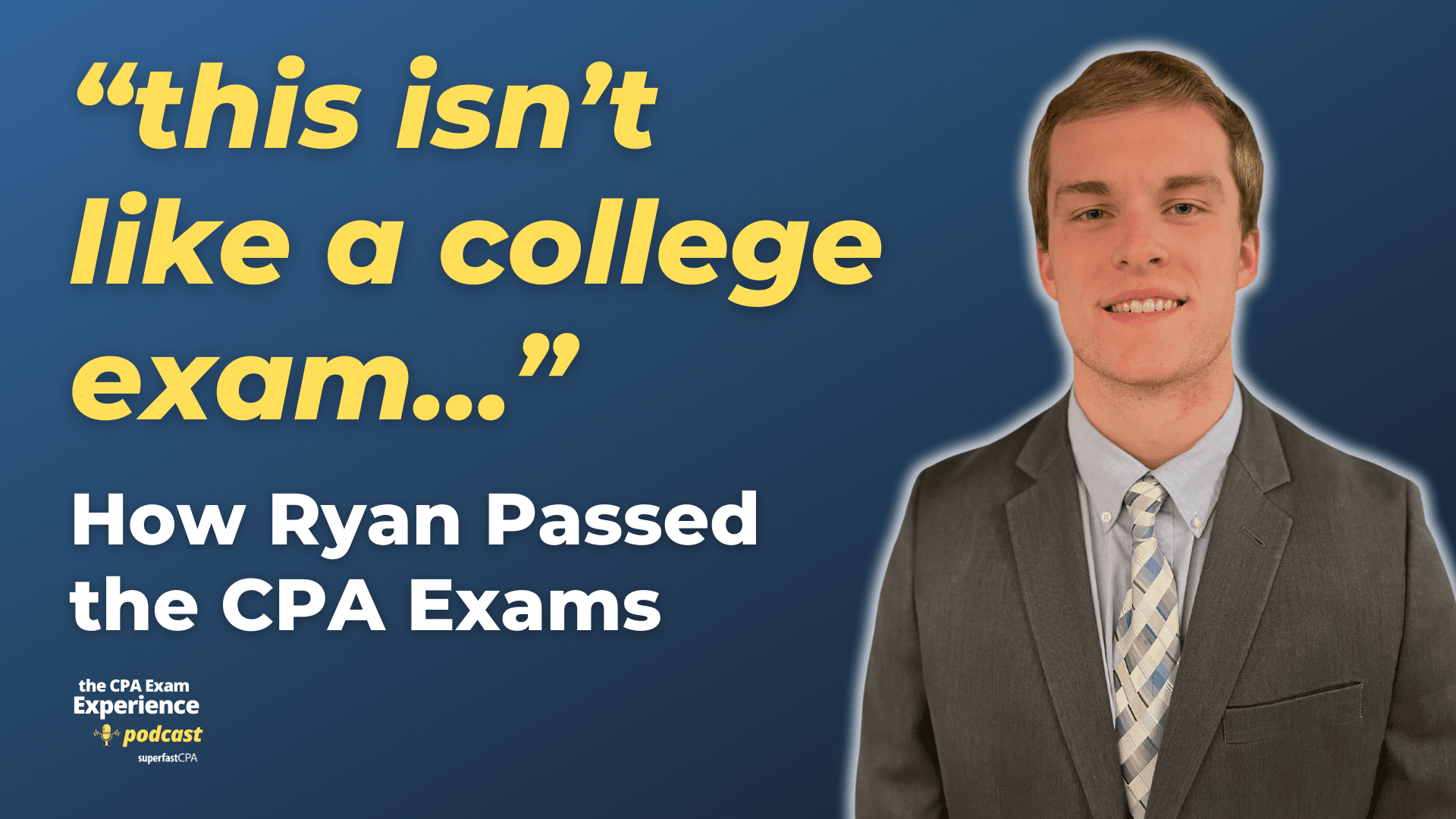Indirect Financial Interest
An indirect financial interest refers to a situation where an individual has an economic stake in a business or investment, but the connection is not direct, it’s through a third party or an intermediary. This interest might exist through a family member, through another business entity, or through some form of trust arrangement.
For example, if a person owns shares in a mutual fund, and that mutual fund holds shares in a particular company, the person has an indirect financial interest in that company. The individual doesn’t directly own the company’s shares, but they benefit financially if the company does well because the value of their mutual fund investment could increase.
In the context of professional ethics, particularly for accountants and auditors, having an indirect financial interest in a client could potentially compromise an individual’s or a firm’s independence. For example, if an auditor’s spouse owns a significant amount of stock in the company being audited, the auditor has an indirect financial interest in the client. This situation could potentially influence the auditor’s objectivity, so professional standards typically require disclosure of such relationships and, in some cases, prohibit auditors from having these types of interests.
Example of an Indirect Financial Interest
Let’s consider an example of an indirect financial interest in the context of the auditing profession.
Suppose Sarah is a partner in a public accounting firm, ABC Auditors, which audits Mega Corp, a publicly-traded company. Sarah doesn’t own any shares directly in Mega Corp, so it would appear that she doesn’t have a financial interest in the client.
However, Sarah’s husband, John, owns a substantial amount of shares in Mega Corp. Although Sarah herself does not own the shares directly, she still has an indirect financial interest in Mega Corp through her husband’s investment. This financial interest could potentially influence Sarah’s professional judgment and objectivity when auditing Mega Corp, as her family stands to benefit if Mega Corp performs well.
Most professional accounting standards require that auditors be independent in fact and in appearance. This means that they should not have direct or indirect financial interests in their clients that could reasonably be thought to compromise their professional judgment. In this case, Sarah should disclose her indirect financial interest, and the accounting firm might need to take steps to manage this potential conflict of interest, such as assigning a different partner to the Mega Corp audit.













